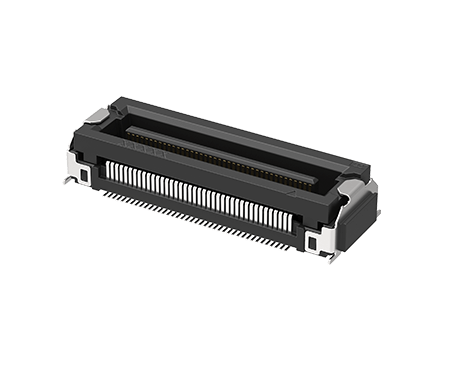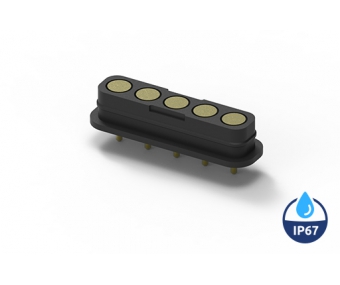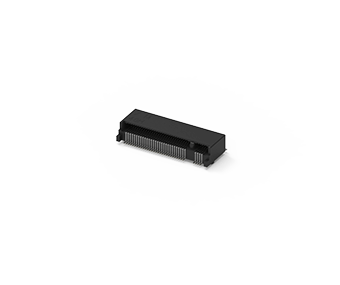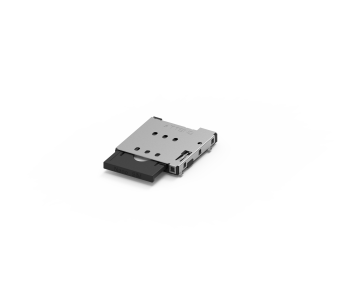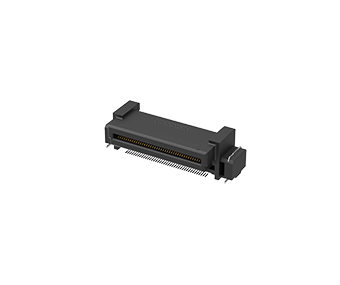Board to Board Floating Receptacle, Female, 80PIN, Vert.
320A-R080S00
Board to Board Floating Receptacle, Female, 80PIN, Vertical
ATTEND’s Floating Board-to-Board Connectors provide high-performance interconnect solutions with a built-in floating mechanism to absorb X- and Y-axis misalignment. This elastic flexibility ensures stable, high-speed signal transmission under vibration, shock, or thermal expansion.
Engineered for demanding environments, they deliver reliable connectivity for automotive, industrial, and embedded computing applications.
ATTEND’s Floating Board-to-Board Connectors provide high-performance interconnect solutions with a built-in floating mechanism to absorb X- and Y-axis misalignment. This elastic flexibility ensures stable, high-speed signal transmission under vibration, shock, or thermal expansion.
Engineered for demanding environments, they deliver reliable connectivity for automotive, industrial, and embedded computing applications.
Share:
MAIN FEATURES
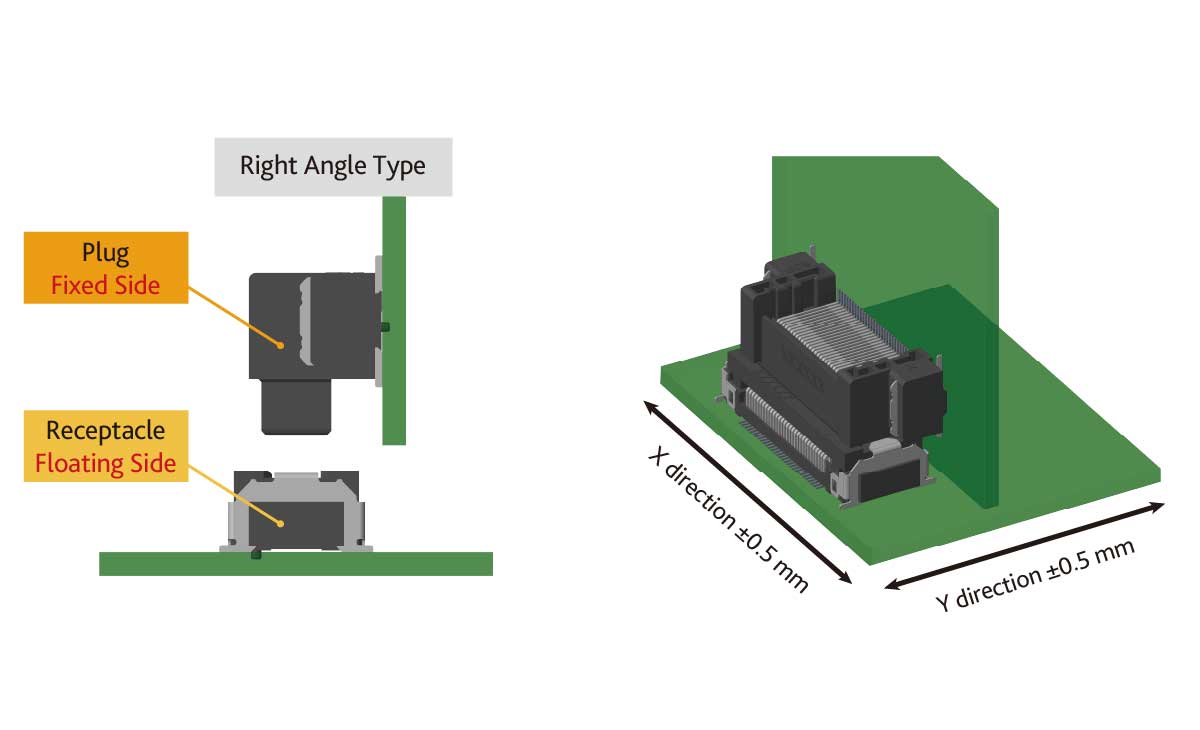
- The floating design compensates for misalignment in X and Y directions up to ±0.5mm.
- Supports high-speed data transmission up to 8GTs (PCIe 3.0).
- Supports 0.5 mm narrow pitch with 60/80/100 contact options.
- Elastic structure provides flexibility and reduces mechanical stress during assembly.
- Withstands vibration and shock for reliable performance in harsh environments.
- Ensures stable contact through compliant terminal design.
- Wide operation temperature range from -40°C to +105°C.
APPLICATIONS
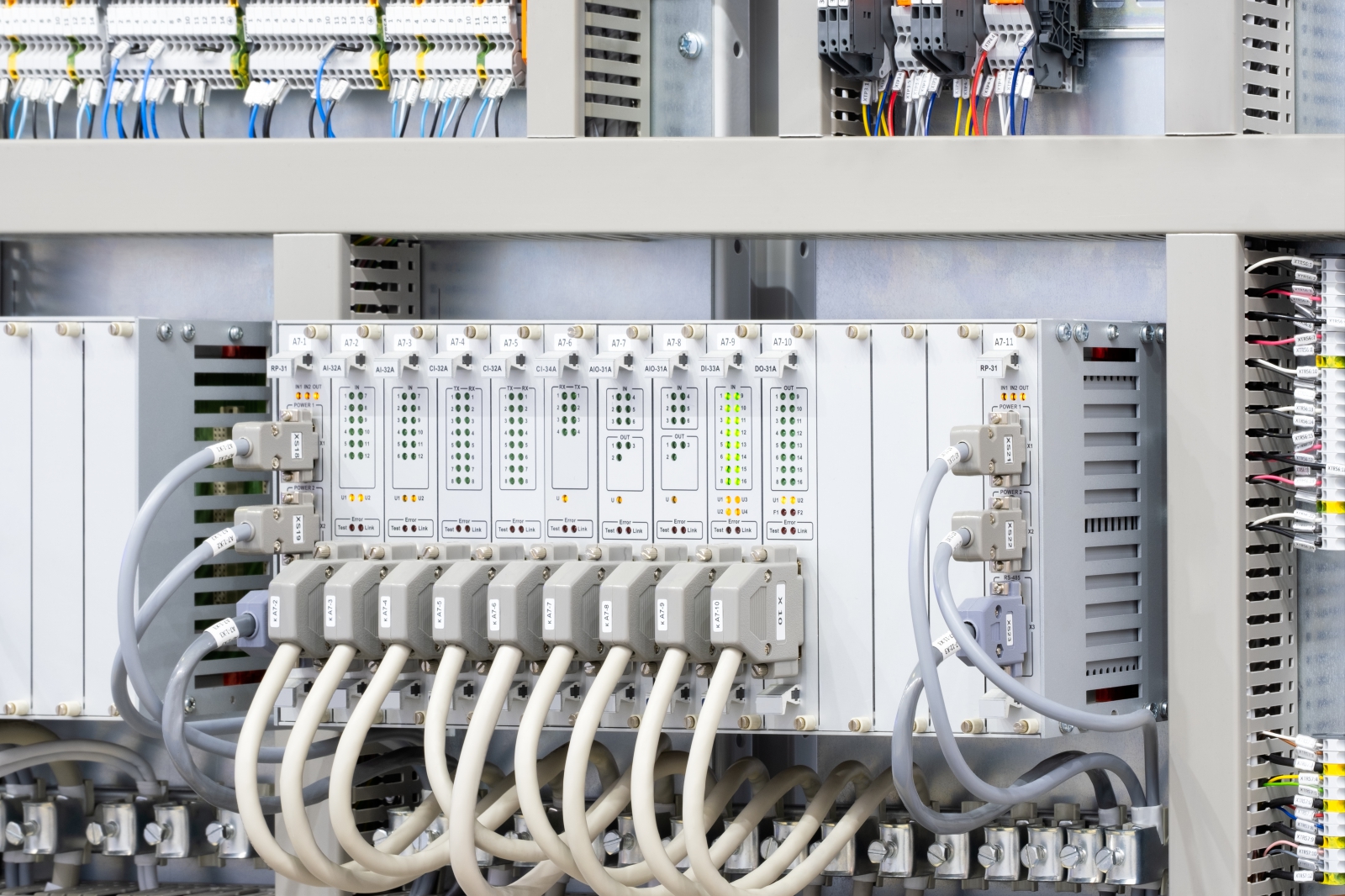 A
A- Industrial Automation & Robotics
- Automotive Electronics
- Measurement & Test Equipment
- AI & Edge Computing Modules
- Railway & Transportation Systems
- Medical Devices
SPECIFICATION
| Current Rating | 0.4A Max. per pin |
|---|---|
| Contact Resistance | 80mΩ Max. initial, ΔR<20 mΩ Max. finial |
| Insulation Resistance | 100MΩ Min. |
| Withstanding Voltage | 200V AC |
| Durability | 100 Cycles |
|---|---|
| Mating Force | 29.4 N Max. |
| Un-mating Force | 3 N Min. |
| Operating temperature range | -40°C ~105°C |
|---|---|
| Storage temperature range | -40°C ~105°C |
| Recommended IR Reflow Temperature | 260°C |
|---|
